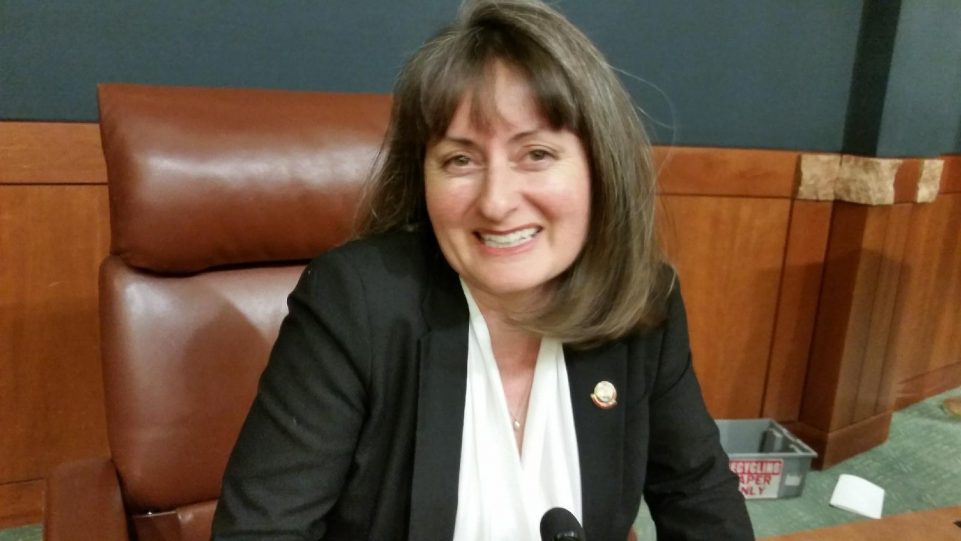City Councilperson Meghan Sahli-Wells is about to be granted one of her oldest and fondest wishes:
Consolidation of City Council elections – long an April staple — with state and national elections in November.
Reason: To possibly improve pale voter turnout in Culver City.
The Sahli-Wells’ amen corner called the decision to consolidate elections “a no-brainer.”
Their strongest evidence:
- Voter turnout averaged a paltry 19.3 percent in the last four municipal elections.
- Voter turnout averaged 67.5 percent for the last four statewide elections.
The Jim Clarke-led corner vigorously protested that a consolidated state-national-local ballot will be overloaded with offices and propositions. The ballot will be so top-heavy that it won’t spike participation. Voters, they contend, will exhaust their patience before they reach the hometown choices at the very end of their ballots.
Responding to an “opinion,” not a ruling, by state Atty. Gen. Xavier Becerra to improve lagging voter participation, the divided City Council last evening moved with something less than alacrity.
The semi-official Becerra sort-of ruling gave California municipal governments until 2022 to comply. After a muscular debate, the Council intends to wait until the latest possible implementation date.
On a 3-2 vote, with Mayor Jeff Cooper and Ms. Sahli-Wells demurring, the City Council embraced 2022.
Ms. Sahli-Wells’s motion to comply earlier, by 2020, lost 3-2, with Vice Mayor Thomas Small joining her on the short side.
Meanwhile, a Charter amendment reflecting last evening’s prevailing vote, will go on next April’s City Council election ballot.
Taxing Time
By 4-1, the City Council agreed to assess incoming cannabis businesses an excise tax ranging from 2 percent to 6 percent across the six different aspects of the enterprise. Goran Eriksson cast the no vote.

